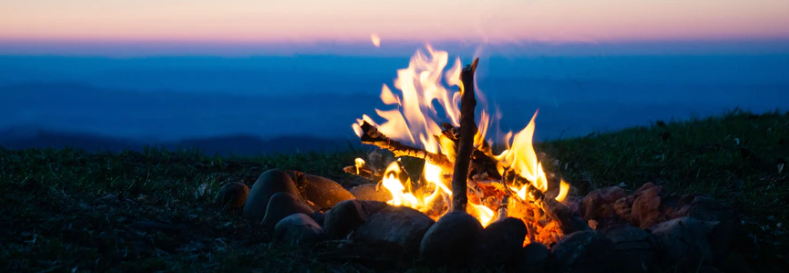
Mission Statement
Through the development of young people and Ngā Kaitiaki o te Ahi in terms of values, cultural connection and innovation we will equip and prepare them for any horizon in the future
Vision Statement
Through the development of young people and Ngā Kaitiaki o te Ahi in terms of values, cultural connection and innovation we will equip and prepare them for any horizon in the future


AHIKĀ To keep the home fires of continuous occupation burning and therefore our rights and connections to our whenua.

KORĀ Spark, fuel for fire Taitamariki interns, the sparks of the home fires

PĀKAIAHI Clay fire carrying vessel Programme leaders, the protectors of the home fires and the kora



GUIDING WHAKATAUKĪ
The Ngā Kaitiaki o te Ahi programme is underpinned by the following whakataukī:
“Kōrero te koma kaua e kōrerongia te pounamu”
Talk about rocks stones don’t talk about greenstone
“Mā te whakapapa e whakaatu i ngā whenua rangatira o ngā mātua tūpuna”
There must be a genealogy that identifies the chiefly lands of our ancestral forebears
“Pupuhi te hau te paura o te pū. Pākarukaru ngā kōhua rino Tawhewhe ana ngā paraikete whero. Engari toitū te whenua”
Gunpowder can be blown away by the wind Iron pots can be broken Red blankets can become worn However the land remains forever
Arā Poutama Tino Rangatiratanga – Self-Determination
Sovereignty, autonomy, control, self-determination and independence. The notion of Tino Rangatiratanga allows Māori to control their own culture, aspirations and destiny.
Whānau – Extended Whānau Structure
Sits at the core of Kaupapa Māori. It acknowledges the relationships that Māori have to one another and to the world around them.
Ako Māori – Culturally Preferred Pedagogy
Acknowledges teaching and learning practices that are inherent and unique to Māori, as well as practices that may not be traditionally derived but are preferred by Māori.
Kaupapa – Collective Philosophy
Refers to the collective vision, aspiration and purpose of Māori communities.
Kia piki ake i ngā raruraru o te kāinga – Socio- Economic Mediation
Asserts the need to mediate and assist in the alleviation of negative pressures and disadvantages experienced by Māori communities as a result of colonisation.
Taonga Tuku Iho – Cultural Aspiration
Avows to the centrality and legitimacy of Te Reo Māori, Tīkanga and Mātauranga Māori. These Māori ways of knowing, doing and understanding the world are considered valid in their own right.
Te Tiriti o Waitangi
A crucial document that defines the relationship between Māori and the Crown. It affirms both the tangata whenua status of whānau, hapū and iwi in New Zealand, and their rights of citizenship. The Tiriti therefore provides a basis through which Māori may critically analyse relationships, challenge the status-quo, and affirm the Māori rights.



NGĀ KORA GRADUATE PROGRAM

Taitamariki will graduate from Ngā Kaitiaki o te Ahi with a greater sense of connection, health and wellbeing, to and for, self, whanau, hapū and the taiao.
- Stronger connections to identity Improved holistic well-being
- Skills to be kaitiaki who are connected to marae, whenua, awa, moana and the taiao
- Make positive contribution to the collective well-being of their whanau and hapū Identify a learning or career pathway
- Are confident to engage with education/training provider as part of learning or career pathway

